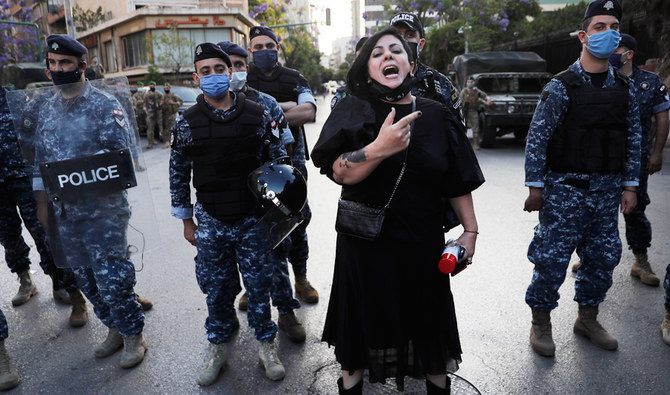
by alaraby.co.uk — The whereabouts of activist Kinda el-Khatib and her brother Bandar are still unknown after she was arrested by Lebanese state security for publishing comments on social media. It is believed that she was arrested because of a tweet that criticised President Michel Aoun, however security sources revealed that her arrest was based on suspicions that she was allegedly spying for Israel and entering Palestinian territories. A campaign was launched on social media accusing her of being an Israeli agent, and of opposing Hezbollah on social media. A security source told Al-Akhbar that Kinda’s arrest was based on “evidence from the General Security that proves her involvement in contact with people inside Israel,” and accused her of “providing information to the Israelis” as well as entering Israel during a trip to Jordan. The authorities have refused to provide further information about the allegations, and her whereabouts remain unknown. While her brother was released, Kinda remains in the authority’s custody.
Her family are convinced that “her file was ready before her arrest” and insist Kinda’s Twitter account was hacked and her opposition to Hezbollah was also fabricated. Kinda is not the first activist to be arrested by Lebanese authorities. An increasing number of activists in Lebanon are being arrested for social media posts criticising the government’s handling of the weakening economy, the currency crash and its handling of the coronavirus outbreak. According to Kinda’s sister Yasmine, the 23-year-old is currently completing her Masters studies in English literature at the Deanship of the Lebanese University in Beirut, and she is active on social media. She worked as a translator for a period of time with the “International Society for Parliamentary Elections” in the year 2018. The family are planning to get a lawyer to help with Kinda’s release. They have not been able to communite with her since her arrest. “There is complete ambiguity about her file, and they did not allow us to communicate with her, except for the moment she was transferred via the military police in Beirut,” her sister told Al Modon.











